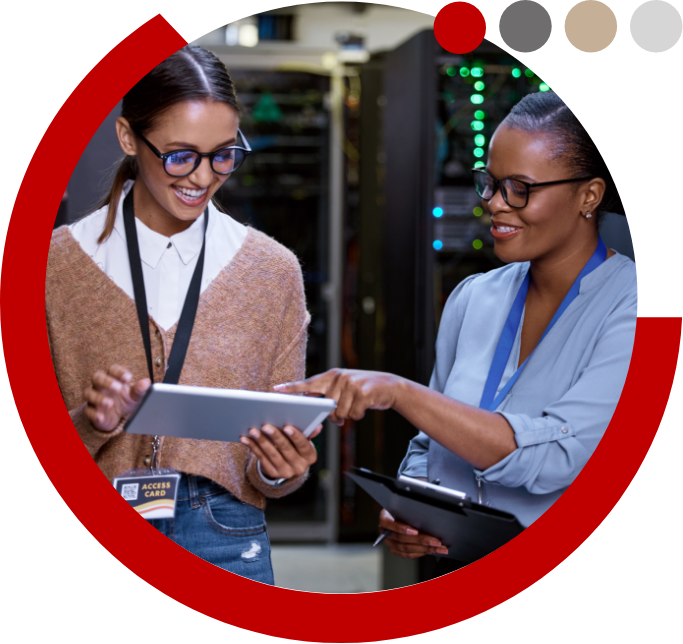What Your Admin / Staff Should Know About IT Security


Get Trained
If your organization does not already have some sort of IT security training and testing program in place, implore your management to do so. There are many benefits, including creating a security focused culture, preventing downtime, protecting assets, and helping the firm become compliant. A robust training program includes periodic testing to keep security top of mind and help identify those staff members who need more guidance than others.
Be Wary
Use Security Software
While some security applications were seen as “extra” protection not so long ago, today they are considered table stakes. Password Managers securely keep track of the kinds of passwords needed these days — long, complicated strings of letters, numbers, and characters — and they can also generate sophisticated passwords on the fly. multi-factor authentication adds an additional layer of security by requiring more than just a password to get into a site or an application. Digital signatures provide authenticity and ensure that a signature is verified. Additionally, they offer tracking, auditing, and compliance benefits. Encryption of emails and computers is imperative across the board since administrative personnel correspond on behalf of C-suite management. Updates to software and firmware from manufacturers are a security measure and should not be delayed or ignored. Be vigilant in your security posture!
Separate Personal and Business
Using a company-owned PC for personal business should be avoided as much as possible. Just one errant sinister link in a Facebook post might expose your network to something that could compromise it and allow sensitive data to be delivered to cyber crooks.
Administrative experts are entrusted with managing highly valuable information daily via meetings, phone calls, emails, calendars, etc. Therefore, they may be one of the greatest vulnerabilities in terms of staff roles when it comes to security. Since there is a corporate risk of exposure, administrative staff must take on the mantle of corporate security expert to ensure data is not compromised.

